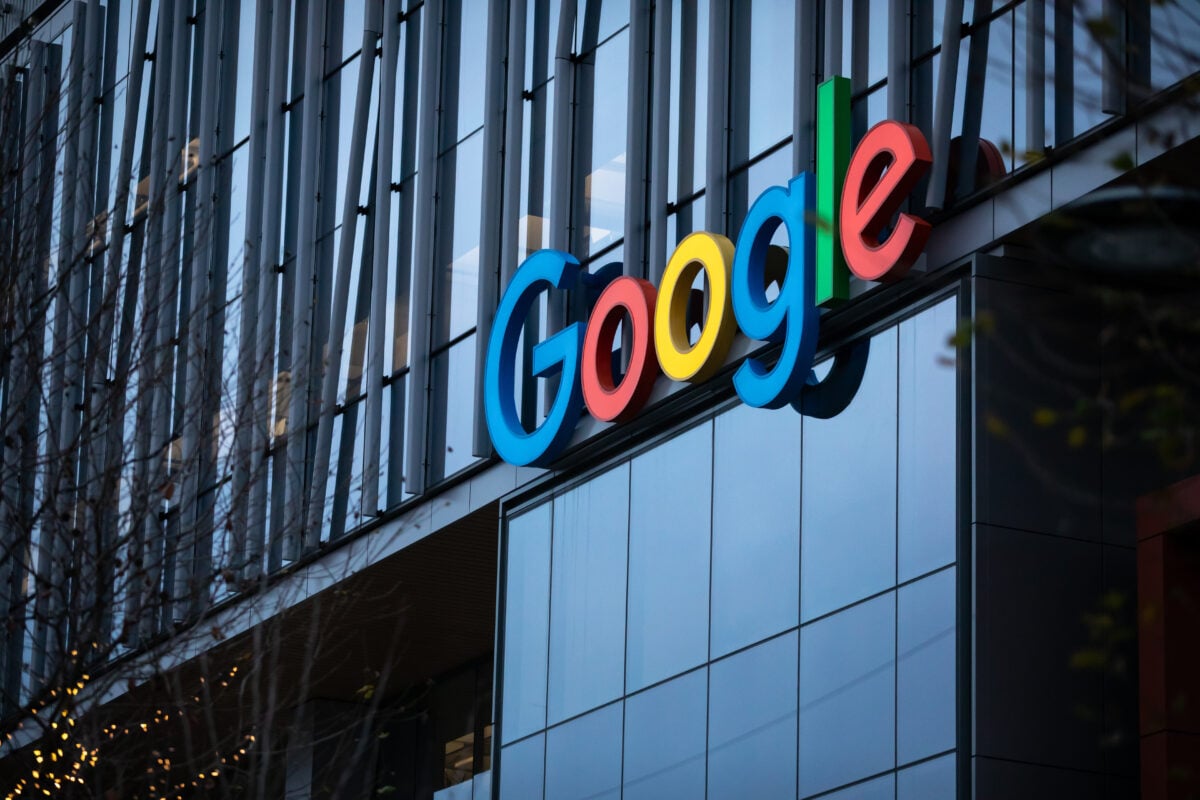TLDRs;
Contents
- Google is challenging the EU’s Digital Markets Act, arguing it harms innovation and raises user costs.
- The company claims the rules have cut direct bookings for European travel businesses by up to 30 percent.
- Google is demanding clearer compliance guidelines and evidence of the DMA’s effectiveness.
- The clash highlights deep regulatory differences between the EU’s interventionist stance and the U.S. approach.
Google has stepped up its opposition to the European Union’s sweeping Digital Markets Act (DMA), warning that the legislation is not only stifling innovation but also hurting European businesses and users.
The tech giant is set to present its case at a high-profile workshop organized by the European Commission on July 1, 2025, seeking regulatory clarity and urging lawmakers to reconsider the unintended consequences of the new rules.
Tech Giant Pushes Back Against New Antitrust Framework
The DMA, which targets so-called “gatekeepers” such as Google, Apple, Meta, and Amazon, mandates sweeping changes to how these firms operate within the EU. Among other provisions, it requires tech companies to ensure fair access for competitors and prohibits them from favoring their own services. Google is accused of doing exactly that through its prioritization of Google Shopping, Hotels, and Flights in search results.
The penalties for non-compliance are steep. The European Commission can impose fines of up to 10 percent of a company’s global annual revenue. For Google, this could translate into billions of euros.
Google Warns of Harm to Consumers and Businesses
At the heart of Google’s argument is a claim that the DMA is doing more harm than good. Clare Kelly, one of the company’s legal representatives, is expected to tell EU officials that the new rules have increased costs for European users and disrupted the travel and hospitality sector.
According to Kelly, direct booking traffic for hotels, airlines, and restaurants has dropped by as much as 30 percent since the rules came into effect. She will also highlight growing user dissatisfaction with the interface changes and limitations imposed by the legislation.
In her prepared remarks, Kelly warns that European consumers are not seeing the promised benefits of enhanced competition. Instead, she argues, they are facing higher prices and a more fragmented user experience.
Regulatory Ambiguity Raises Concerns Over Compliance
The criticism does not end there. Google is also pushing for clearer guidance from regulators. Lawyer Oliver Bethell is expected to urge the European Commission to provide detailed evidence of the DMA’s benefits and costs. Without that transparency, he argues, the company and others are left to navigate a complex and shifting regulatory landscape with little certainty about what compliance actually entails.
This clash is not simply about one piece of legislation. It reflects deeper transatlantic tensions in how regulators approach competition policy. While the EU has long favored aggressive antitrust enforcement and market intervention, the United States has taken a more hands-off approach, focusing primarily on consumer welfare rather than market structure.
Over the years, the EU has fined Google over €8 billion in a string of cases, highlighting the widening philosophical divide.
Debate Over Innovation Impact Remains Unresolved
Critics of the DMA also point to early signs that the rules are backfiring. Despite the new regulations, studies suggest that Google’s ecosystem still dominates search results, casting doubt on the act’s effectiveness. In the travel sector especially, some businesses say the changes have limited their reach rather than enhancing it.
Underlying it all is the challenge of measuring innovation. Google argues that the act stifles future product development, while EU officials maintain that robust oversight is necessary to promote competition. But both sides admit there is little concrete data to prove their case.
As the European Commission’s workshop approaches, it’s clear that the debate over the DMA is only beginning. With billions at stake and the future of the EU’s digital economy in the balance, both regulators and tech firms are under pressure to find a path that promotes innovation without sacrificing fairness or user choice.


